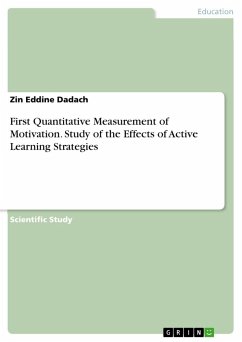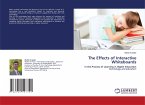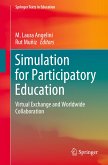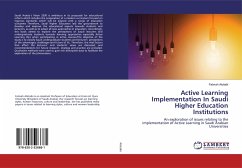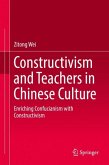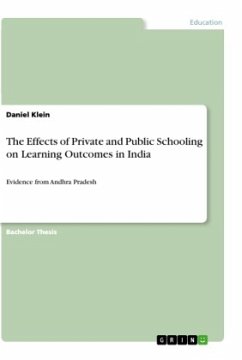Scientific Study from the year 2013 in the subject Pedagogy - Miscellaneous Topics, , course: Process Control, language: English, abstract: Most freshmen in engineering departments link an equation learned in a course as a unique theory specific to the subject and fail to realize that it is part of a more general notion that can be applied to a wide variety of natural phenomena. The students are able to use formulas related to the theory perfectly, but sometimes fail to understand what the basic concepts hidden behind the applications are. As a result, many students do not know how to apply similar formulas in other courses in the department. On the other hand, engineers are problem solvers; they need good critical and creative thinking skills to increase the performance of a process or design a new plant under technical, social, economic, regulatory, and environmental constraints. By consequence, how can engineering students be taught to achieve these goals? Literature has shownthat effective teachers have succeeded in making students feel good about school and learning, thus increasing student achievement. Moreover, students in an actively taught class do a better job of learning (memorizing) the material they are exposed to, compared to those in a passively taught section. It is also agreed that motivation is probably the most important factor that educators can target in order to improve learning.The main objective of this investigation is to quantify the effects of an active learning strategy on the motivation of students in a process control course. Different from the qualitative methodologies previously presented in the literature, the objective of this first quantitate method is an attempt to measure the impact of an active learning strategy on the motivation of students by introducing a motivation factor for each student calculated from the Final Grade Point (FGP) and the Cumulative Grade point average CGPA. In the first part of the investigation, the Relative Performance (RP) of students is used as a new tool to gauge the effects of the active learning strategy on the performance of students. For the second part of this quantitative method, the Dadach Motivation Factor "DMF" is introduced in order to measure the effects of the active learning strategy on the motivation of students. For the validation of this first quantitative method, the final results will be compared to the student survey as a qualitative method.

